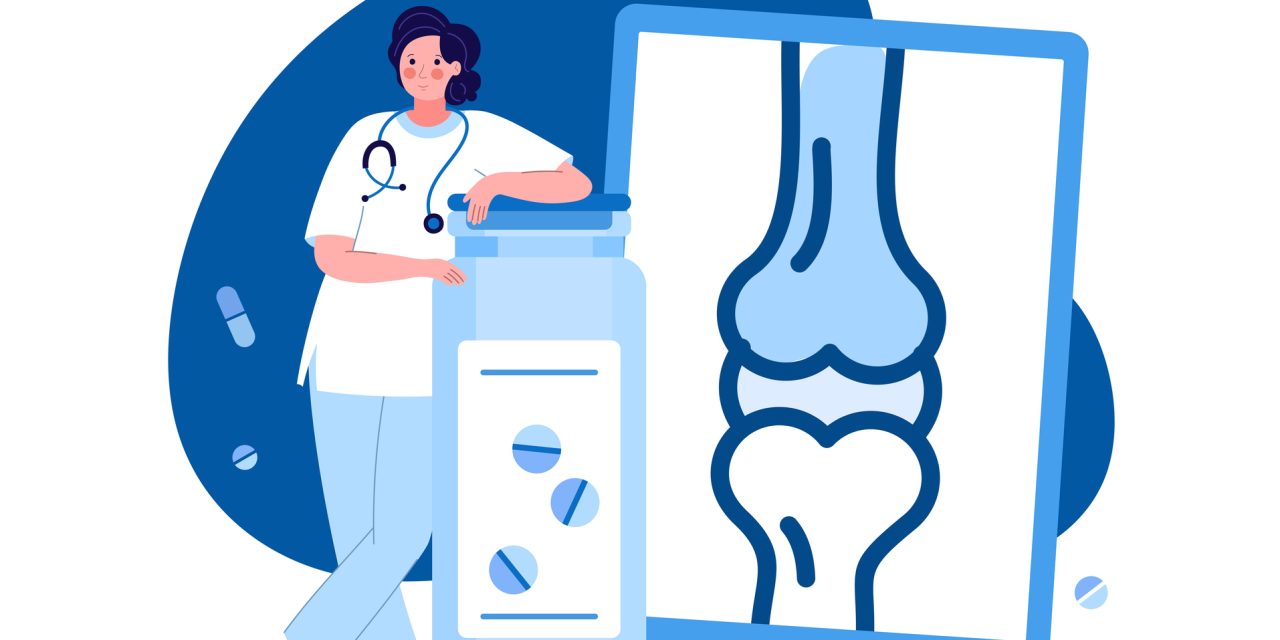Describe the screening and recruitment process of a randomized trial and evaluate knee pain associations and function three months after total knee replacement (TKR). This study aimed to screen for a multi-center trial, 5036 patients were sent an Oxford Knee Score (OKS) questionnaire ten weeks post‐TKR. Patients who reported pain in their replaced knee (≤14 on OKS pain component) completed a second OKS 12 weeks post‐TKR. Those still experiencing pain 12 weeks post‐TKR completed a detailed questionnaire 13 weeks post‐TKR. These data were used to characterize pain in a cross‐sectional analysis.
We received OKS questionnaires from 3058/5063 (60%) TKR patients, 907/3058 (30%) reported pain in their replaced knee 10‐weeks post‐operatively. By 12‐weeks, 179/553 (32%) patients reported improved pain (OKS>14). At 13‐weeks, 192/363 (53%) who completed a detailed questionnaire reported neuropathic pain, 94/362 (26%) reported depression symptoms, and 95/363 (26%) anxiety symptoms. More severe pain at 13‐weeks post‐operatively was associated with lower general health, poorer physical health, more pain worry, and lower satisfaction with surgery outcome. More severe functional limitation was associated with higher levels of depression, more pain worries, lower satisfaction with surgery outcome, and higher pain acceptance.
In conclusion, the TKR identified people with pain, several potential targets (quality of life, acceptance of pain, mental and physical health outcomes) were identified for tailored intervention to improve patients’ outcomes. The trials of multidisciplinary interventions are now required for further research.


